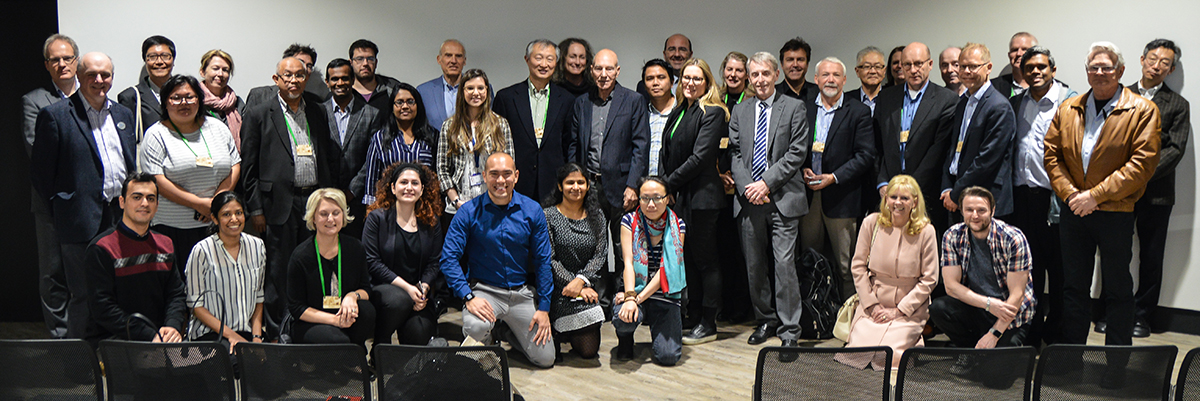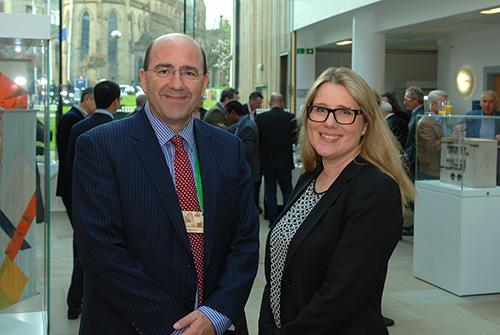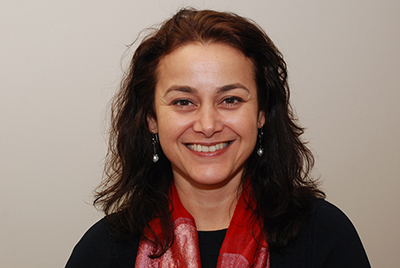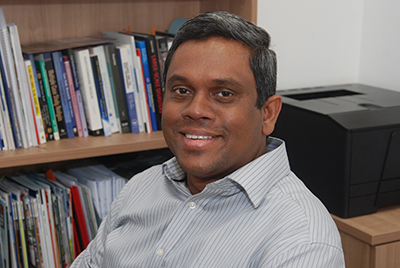Hudds hosts CIB Board on one of its rare visits to the UK
 CIB delegates pictured with the University's Emeritus Chancellor, actor Sir Patrick Stewart (centre), who was visiting the campus at the same time as the CIB Board Meeting
CIB delegates pictured with the University's Emeritus Chancellor, actor Sir Patrick Stewart (centre), who was visiting the campus at the same time as the CIB Board Meeting
Thu, 04 May 2017 11:09:00 BST
Dean of Art, Design and Architecture Professor Mike Kagioglou, who is a CIB board member, extended the invitation to convene the next assembly at the University
 ►The University’s Dean of Art, Design and Architecture, Professor Mike Kagioglou is pictured with the CIB President Helena Soimakallio
►The University’s Dean of Art, Design and Architecture, Professor Mike Kagioglou is pictured with the CIB President Helena Soimakallio
SOME of the world’s leading figures in the fields of architecture, construction and environmentally sustainable development convened at the University of Huddersfield for a four-day board and strategy meeting that concluded with a symposium on how vulnerable communities could develop resilience to climate change and flooding.
The event was the latest six-monthly board meeting of the global organisation CIB, established in 1953 to aid recovery from the ravages of WWII and now an international network of 5,000 experts involved in the building industry or academic research.
Professor Mike Kagioglou, who is the University of Huddersfield’s Dean of Art, Design and Architecture, is a member of the CIB Board. The internationalism of the CIB means that it could be as long as 15 years before its board members convene in the UK once more.
The delegates came from a wide variety of universities and research institutes in countries that included Brazil, Denmark, China, Finland, New Zealand, Canada, Malaysia, South Africa, The Netherlands, Hong Kong, Hungary, Australia, Japan, Sweden, Belgium and Germany, in addition to the UK.
 The opening two days included a CIB Board Meeting and a strategy meeting, plus the launch of the Huddersfield CIB Student Chapter, which allows Huddersfield PhD students to be part of a global community.
The opening two days included a CIB Board Meeting and a strategy meeting, plus the launch of the Huddersfield CIB Student Chapter, which allows Huddersfield PhD students to be part of a global community.
Day three was a CIB CEO Forum. After an introduction – an expert in resilience measures – and a welcome from Professor Kagioglou, the delegates were addressed by CIB President Helena Soimakallio. She is a specialist in water resource management CEO of the Finnish Association of Civil Engineers.
Following sessions that included addresses from the CEO of the UK’s Chartered Institute of Building, Terry Watts, and from Deborah Pullen, who is Research Director for the building science centre BRE, there were talks on University of Huddersfield research from Professor Patricia Tzortzopoulos (pictured below right), of the Innovative Design Lab and the Centre of Urban Design, Architecture and Sustainability; and from Professors Dilanthi Amaratunga and Richard Haigh (pictured below left), who head the Global Disaster Resilience Centre (GDRC).
 The final day of the meeting was a symposium on resilience to climate change and flooding. Once again there was an address from Helena Soimakallio, President of the CIB, followed by a welcome from the University’s Professor Bingunath Ingirige (pictured bottom right) and Professor Amaratunga, who provided examples from the GDRC’s research portfolio.
The final day of the meeting was a symposium on resilience to climate change and flooding. Once again there was an address from Helena Soimakallio, President of the CIB, followed by a welcome from the University’s Professor Bingunath Ingirige (pictured bottom right) and Professor Amaratunga, who provided examples from the GDRC’s research portfolio.
Phillip Wilbourn a chartered environmental surveyor, spoke about the Don Valley Flood Resilience Scheme, and there was a talk from Paul Cobbing, who is Chief Executive of the UK’s National Flood Forum. The Environment Agency’s Andy Cameron discussed the Salford Flood Storage Scheme, and from Tsinghua University in China, Dr Dongping Fang spoke on initiatives towards resilient urbanisation.
 The schedule of the four-day gathering also provided plentiful scope for networking and special discussions focusing on global knowledge and practice sharing and collaboration.
The schedule of the four-day gathering also provided plentiful scope for networking and special discussions focusing on global knowledge and practice sharing and collaboration.
Professor Mike Kagioglou said: “It was a great pleasure welcoming the CIB board at Huddersfield and to have very productive dialogues and future-orientated collaborative discussions that aim to improve the global knowledge base and practice. It is clear that much can and should be done to improve things and the significant role that architecture, building and construction play in shaping resilient communities and making urbanism and globalisation strategies deeply local and regional for societal benefit. The University of Huddersfield’s established reputation in these areas places us well to work with academia and industry colleagues and partners in leading global change”
CIB President Helena Soimakallio said that the board meeting in Huddersfield took place at a time when a new strategy was being developed.
It included more active communication via social media, but also the quest for a new administrative model that met the international and regional needs of universities, research institutions and professional organisations.
 “The question is, can we serve our members better?” said Ms Soimakallio.
“The question is, can we serve our members better?” said Ms Soimakallio.
She also confirmed that Brexit represented a major challenge that would be confronted by CIB.
“The value of global organisations is that they don’t respect borders. They combine people everywhere who have the same passion and interests,” said Ms Soimakallio, who added that one effect of Brexit and similar political developments might actually be to enhance the importance of trans-national institutions such as CIB.
CIB is the acronym of the French name Conseil International du Bâtiment (in English, International Council for Building). The abbreviation has been kept but the full name changed to International Council for Research and Innovation in Building and Construction. It was established in 1953 to stimulate and facilitate international co-operation and information exchange between research institutes in the building and construction sector. CIB has since developed into a worldwide network of over 5000 experts from about 500 member organisations in industry or in education, who co-operate and exchange information in over 50 CIB Commissions covering all fields in building and construction related research and innovation.







